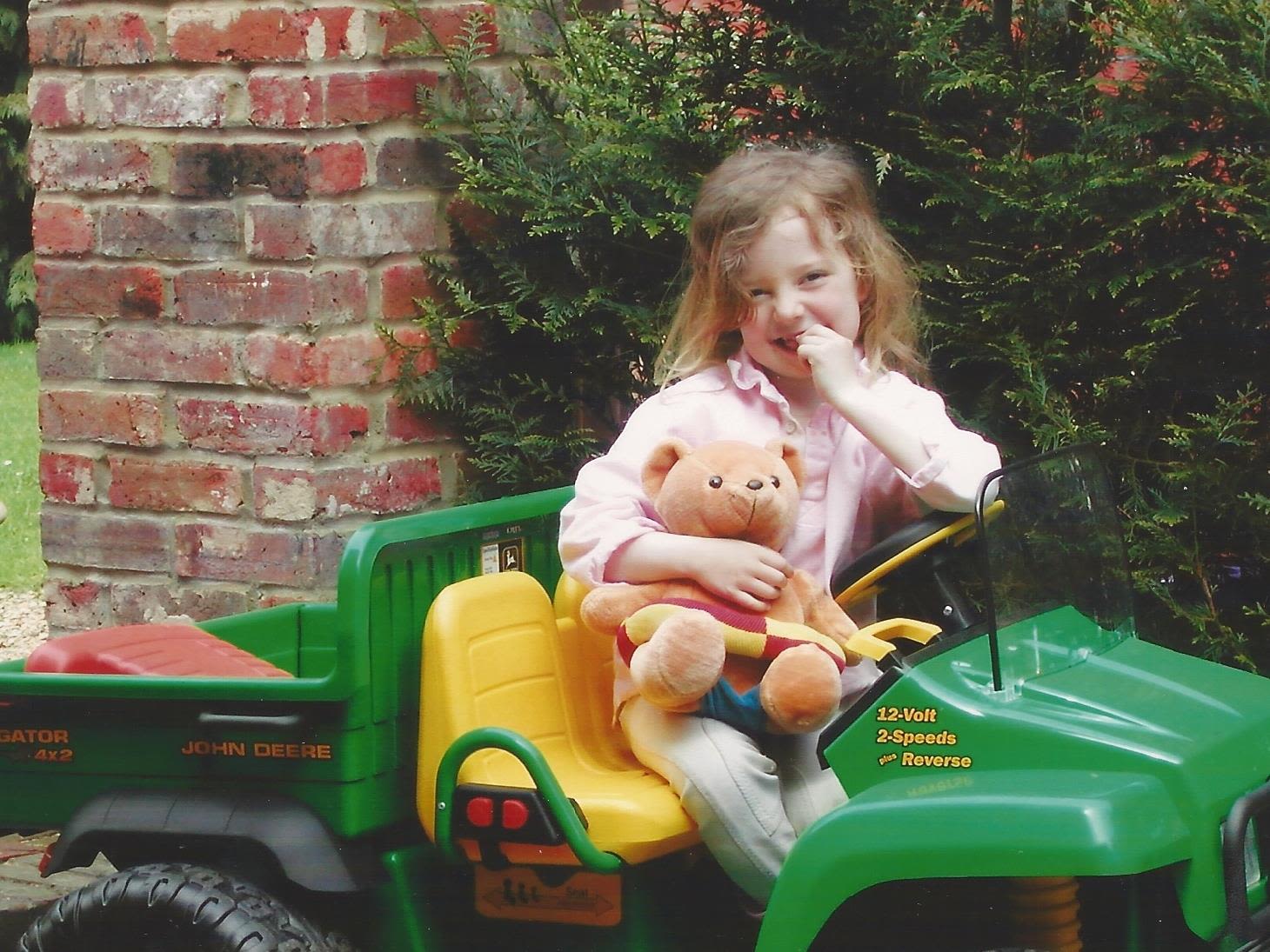The autism experience
How Chris Packham's 'Inside Our Autistic Minds' resonated with an autistic person
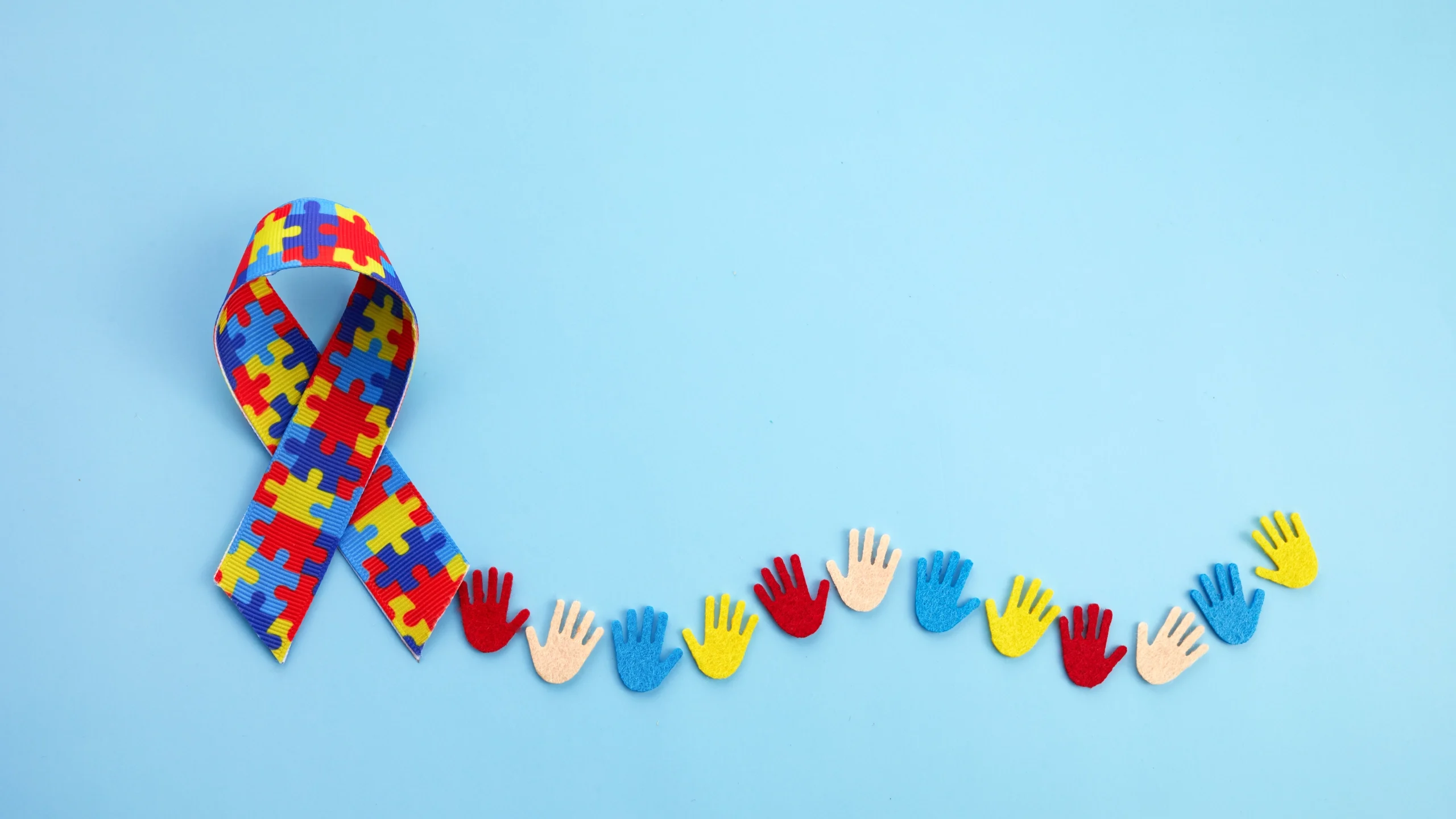
In 2003, I remember entering a hospital room with my hands covering my ears silently begging that the quietness of the room would remain stable. I was sensitive to sound, loud sounds. They overtook my whole being, made my heart race and I was overwhelmed. At four years old this would cause panic attacks, outbursts and more. Nobody knew why. Luckily, the source of the sound I was anticipating remained asleep. I was being introduced to my new baby brother.
However, the source of the loud screams and crying didn’t always remain quiet. His ‘snoring’ when he was asleep caused a sensation like the one when a chalk scrapes across the blackboard. Imagine having it constantly, you’d want it to stop but it doesn’t until the baby wakes up.
That’s a small snippet of my Autistic experience.
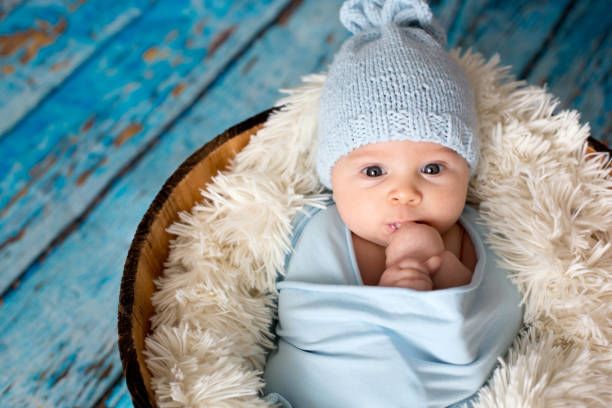
I was diagnosed as autistic at the age of six. As a woman, being diagnosed at this young age is rare.
Only 8% of girls with autism are diagnosed before the age of six compared to the 25% of boys being diagnosed according to the Organization for Autism Research.
Furthermore 50% of boys with autism are diagnosed before the age of 11, compared to the 20% of females diagnosed before the same age.
If you want to find out more on autism in women then watch the video I made about it above.
An article released by The Guardian in 2018 stated that thousands of women were being undiagnosed in 2018 because it’s seen as a ‘male condition’. The article states that it was once believed that autism was believed to affect boys and men more.
However, verywellmind.com states that evidence indicates ‘the failure of longstanding diagnostic procedure to establish how ASD manifests in women…” in other words, men and women with autism have very different autistic experiences.
Women have been found to ‘mask’ their autistic symptoms, in other words they camouflage their autistic traits, leading to less diagnosis. But it shouldn’t be that way.
Packham's documentary is allowing autistic individuals to remove the mask and show their authentic autistic experience to the world.

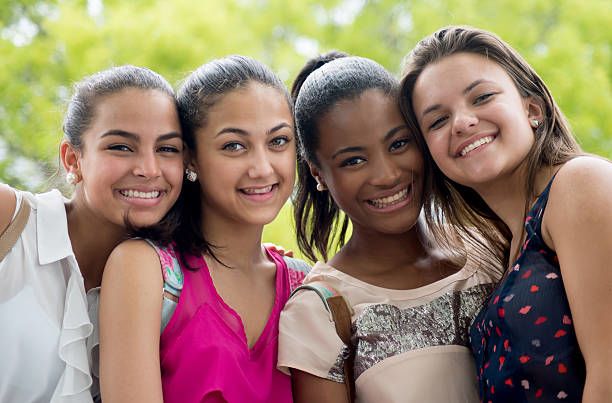
‘Inside Our Autistic Minds’ gives four autistic people a chance to create a short film showing their autistic experience. The group works with animators, musicians and filmmakers to help them recreate this on screen.
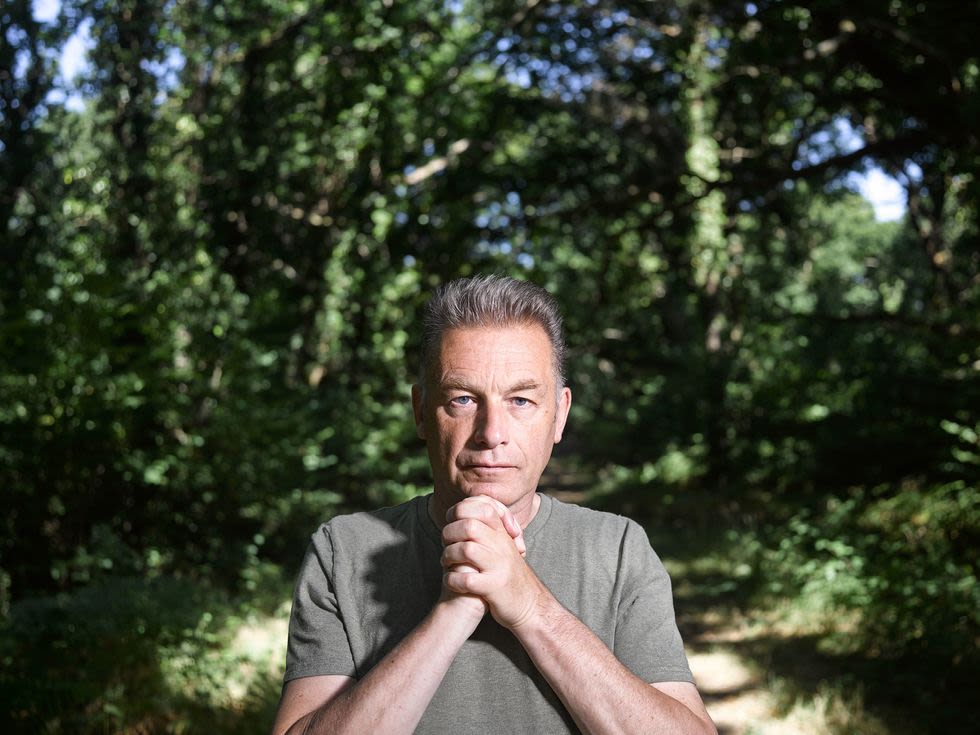
The four people featured are...
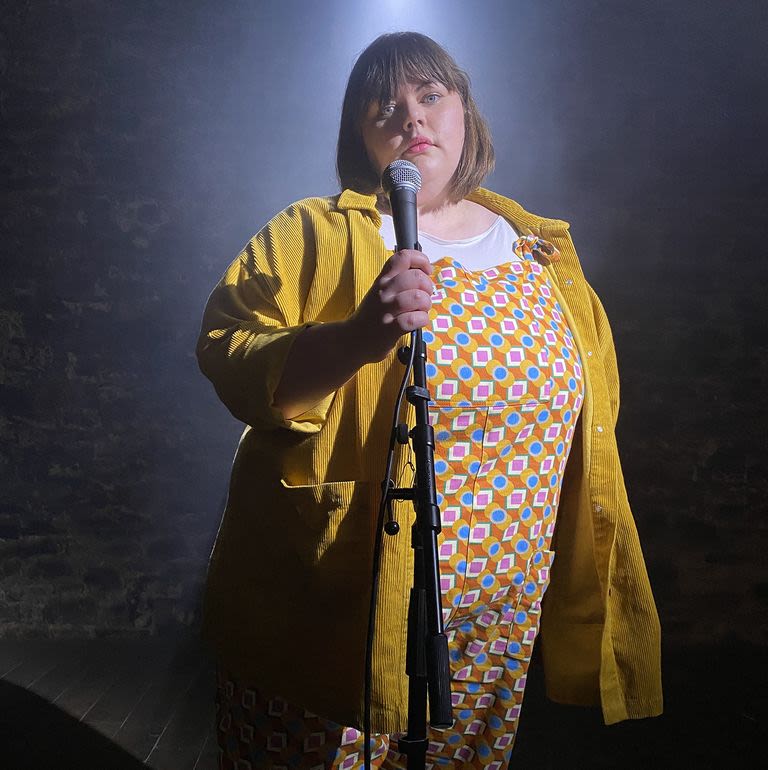
Flo
Flo, a 28-year-old who likes to perform improv comedy. She talks about masking and that the only person to see her unmasked is her husband. Her video is made for her Mum and Flo hopes it will help her Mum to understand her more, giving her the chance to unmask in front of her.
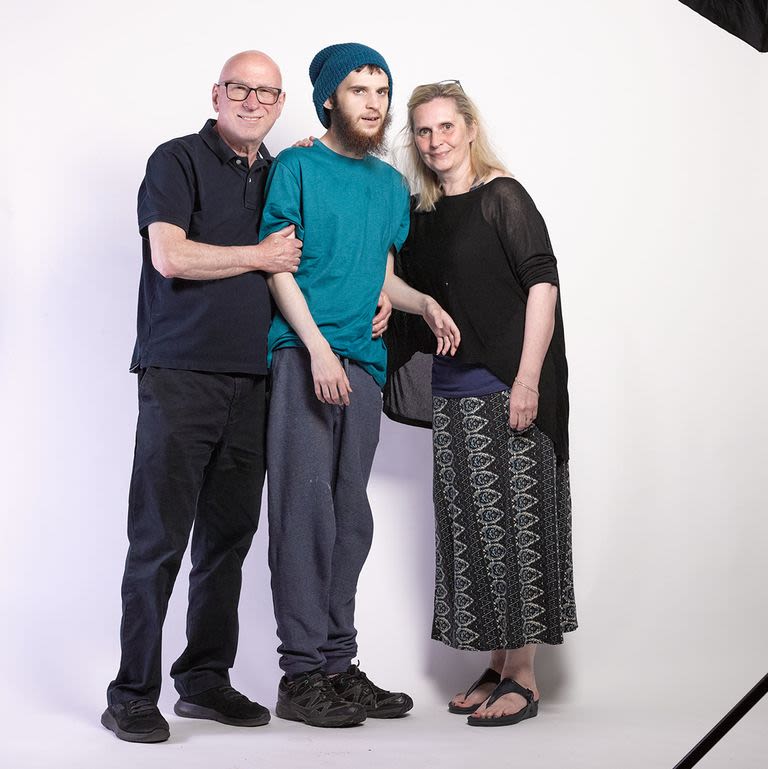
Murray
Murray who is the son of Ken Bruce and is non-speaking. He communicates using a tablet. Murray’s film allows the audience to see the frustration of being unable to communicate with the outside world.
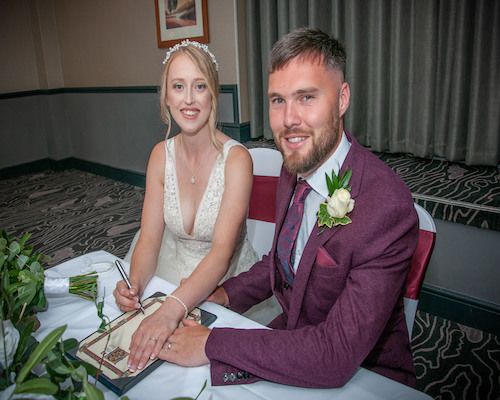
Anton
Anton, a teaching assistant and trance DJ who loves football. His film shows how he struggles with change and has a strict routine.
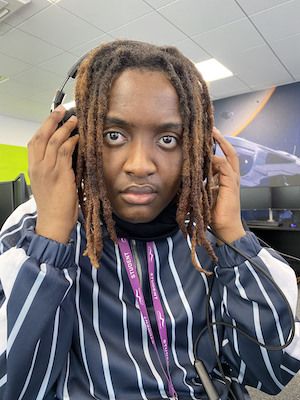
Ethan
Ethan, a 19 year-old student and aspiring rapper. He struggles with hypersensitivity and raps about how it affects him throughout each day.
Nick Ransom is a journalist, EDI consultant and TV assistant producer. Nick was diagnosed as autistic when he was 20 and worked on Packham's documentary series.
“I live in Manchester but grew up in Surrey. I always wanted to be in TV from a very early age. I started by making YouTube videos out in my local community interviewing anyone and everyone, including mayors, vicars and event organisers among others.
“After uni, about five years ago, I got an opportunity in the BBC and worked in a number of areas across the corporation, including Children in Need, Bitesize and local radio. I left to work on some Channel 4 documentaries before then working on the Inside Our Autistic Minds series with BBC Studios. I’m now a journalist or on-screen reporter, as well as working as a neurodiversity consultant.
“I was always somebody that at school masked very well. Academically I enjoyed school but the intensity of the school environment meant that when I came home, I’d often explode of an evening."
Having previously worked with the BBC diversity teams to improve access in the industry, Nick was offered the opportunity to work as an assistant producer after a contact made him aware of the documentary.
"Working on the show was a real honour, genuinely. We really worked hard to make it accessible and representative and we’re surprised to have had so little criticism. People feel very strongly about being autistic and while we couldn’t cover all areas associated with being autistic, I’d like to think everyone can see themselves in there somewhere."
Anna Kennedy OBE, the founder of the charity Anna Kennedy Online whose ambassadors include Ethan, who was featured on Packham’s documentary, and Harvey Price, spoke to me about her experiences with autism. The charity aims to spread awareness across the globe.
Anna’s husband and two sons are diagnosed autistic but all have different autistic experiences.
‘All three of them are very different. My husband’s a barrister so he’s very focused at work. My son, Patrick, his interest is palaeontology (studying ancient life such as dinosaurs, prehistoric plants, mammals, fish and more). He talks to me about that all the time! My youngest Angelo is very childlike despite being 30.”
“The good thing about Chris’ show is a lot of parents have children like Angelo, Harvey (Price) and even some who are more profoundly affected. Documentaries and shows don’t tend to show these autistic experiences. I really admire the way they did the programme.
“Chris stepped back and didn’t make it about him. He made it about them. It showed different degrees of autism and that is how it should be. I thought it was a fantastic documentary.”
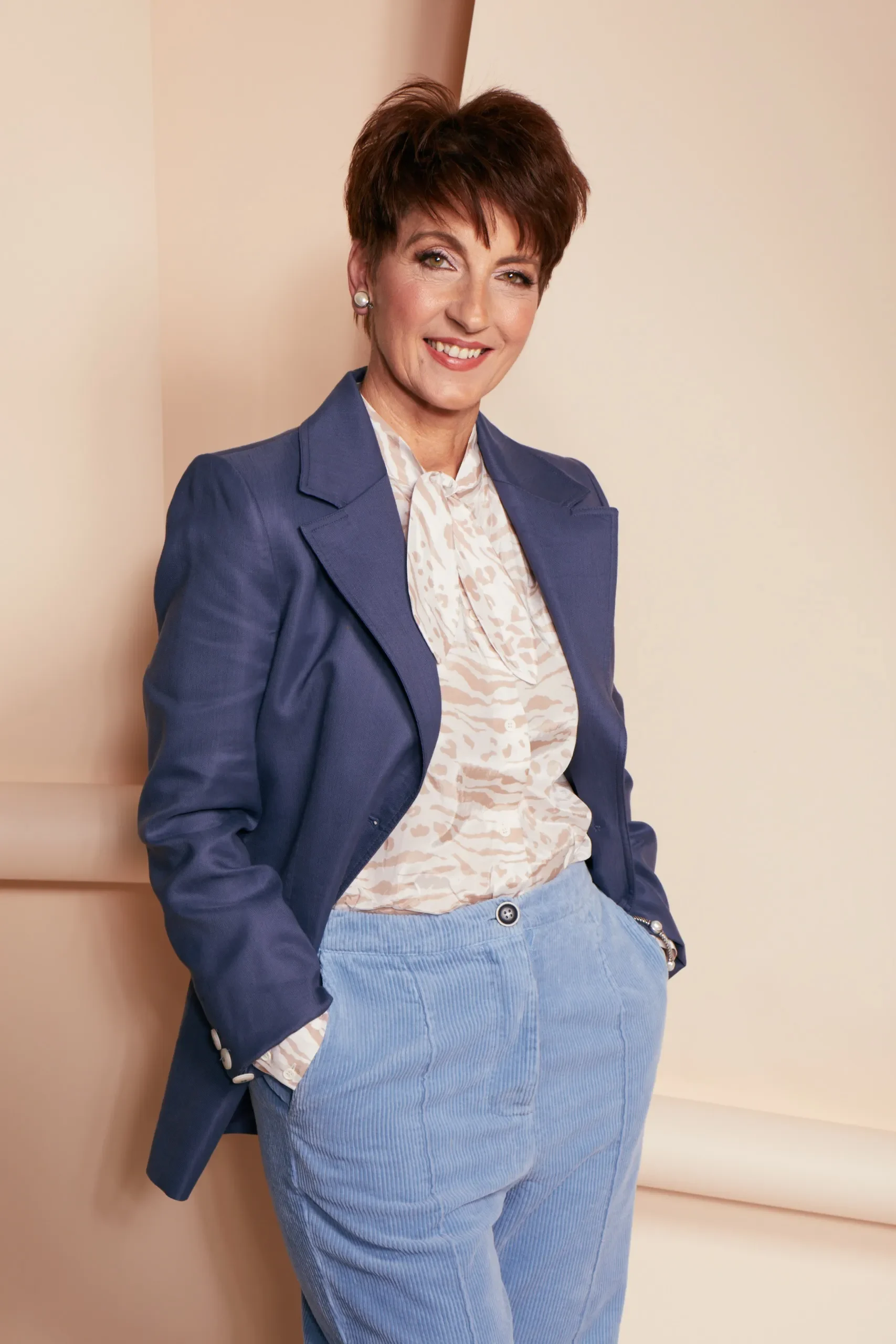

The National Autistic Society, for whom Packham is an ambassador, is the UK's leading charity for autistic people and their families, describes the documentary as brilliant and deeply moving.
“We’ve received an overwhelming response on our social media channels from autistic people and their families who saw their experiences reflected in the programme, but also from viewers who have learned more about autism through watching it. This is why autistic representation on our TV screens is so important to increase understanding of autism.
“Better public understanding of autism across society could transform hundreds of thousands of autistic people's lives.”

I found myself watching the documentary with fascination. My own autistic experience was reflected to me through each short film but I also saw how different mine was. I saw my own sensory issues to sound and sight, how routines help me flow through the day and how work is a safe place. I also saw how my ADHD (Attention Deficit Hyperactive Disorder) diagnosis works against my autism.
I love a strong solid routine with ideal time scales to keep to but following them through is a nightmare. I have no sense of time. I love a clean organised room but like my autistic-ADHD brain I cannot keep it neat and organised no matter how hard I try. I misplace things, get frustrated whenever my hand-eye coordination stops me completing a task and I get overwhelmed very quickly.
Documentary's like Packham's provide the opportunity to spark discussions and bring more awareness of autism to society. I recommend that everyone watches the documentary and learns more about autism. You may know someone who is autistic and this is a chance to learn more about them and their autistic experience.
